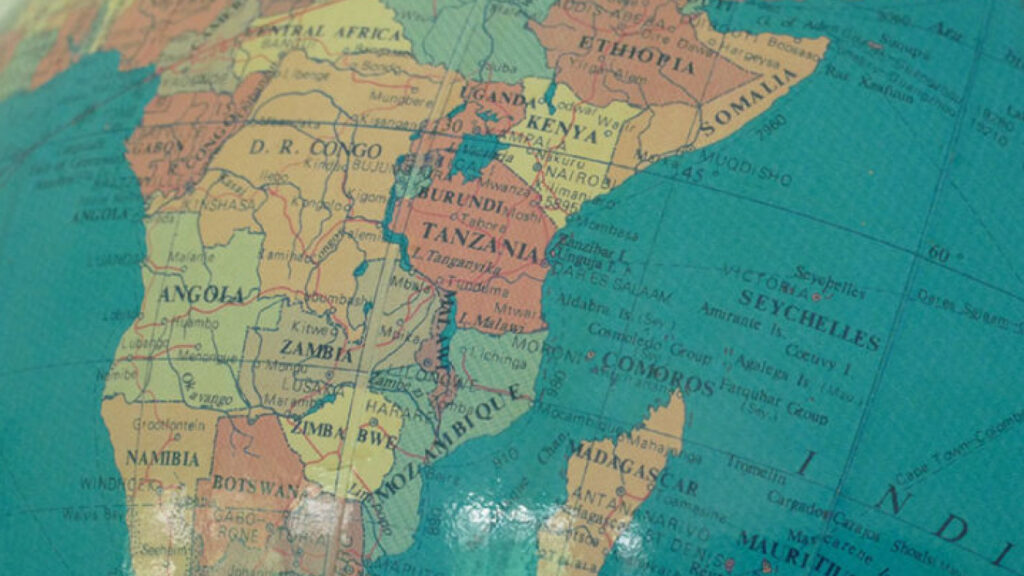Swahili Language: What You Need to Know

Swahili is one of the most loved language spoken in Africa especially on the east coast of Africa.to PeSwahilispeak Swahili, as their mother tongue language is usually reis referred to as Waswaforli. In Tanatnthe in Swahili is the language of administration, and used as a tool of teaching in primate by education level. However in Kenya and Uganda Swahili is after English since English language in both these countries is the main language. Further, more, Swahili is also spoken in different couthe ch as Rwanda, Congo (DRC) and even in central and southern countries. In fact, Swahili language is used much in sub-Saharan Africa and is the most taught African language in the world, with a very rich literary tradition.
What is Swahili?
The name Swahili originates from Arabic laSwahiliich means ‘of the coast’, This Swahili was named from the Arabic word sawaahili (سواحلي), which means ‘of the coast’, which you would use to refer to coastal people. The east coast of Africa is an area extending from Lamu Island, Kenya, in the north to the southern border of Tanzania in the south. The Bantu languages form a sKiswahilif the Benue-Congo branch of the Niger-Congo language family. Swahili (kiswahili) has 80 to 110 million speakers, but interestingly, very few speak it as their mother tongue, and 90, million speak,k it as a second language.
Open to multiple influences, Swahili is first of all a Bantu language (family of Niger-Kordofanian languages), of which it has some fundamental characteristics such as the high number of nominal classes or genres, and simple phonetics with the tonic accent almost always on the penultimate syllable of words. The declension of nouns and adjectives is based not on the variation of the endings, but on the use of prefixes that specify the nominal class and the number (singular or plural).
The verbal system is complex in that, through the precise concatenation of prefixes and suffixes, the person, the tense and the root are merged into one word.
From a lexical point of view, modern Swahili incorporates terms coming mainly, from other African languages and to a lesser extent from Arabic, Persian, Hindi and English. Then come Porese, German and French terms, often reserved for specific sectors such as example, navigation, religion or law.
A curiosity of the Swahili is the unusual way of counting the hours of the day starting from sunrise, always at 6 in the morning, and ending at sunset, always at 6 in the evening. According to this system, 9 a.m. becomethe3 a.m. and 9 p.m. are 3 p.m.
Brief history and origin
Swahili originated from an African language of Bantu, whSahelantu refers to, people who speak Bantu languages. Swahili (from the Arabic sahel, coast, shore or border) was born on the east coast of Africa over 1000 years ago, as a language for merchant exchanges between Africa and Asia.
The routes of the caravans of merchants and blacksmiths first, and European colonization later, pushed the Swahili to spread from the ports overlooking the Indian Ocean to the internal regions of the African continent.
Thus born as a commercial language, Swahili is a Bantu language with important contributions derived from the Arabic, Persian and Hindi languages.
Initially written with Arabic characters, it later adopted the Latin alphabet, et, enriching itself in the colonial period with terms from Portuguese, English and German.
In 1930 defined the “standard Swahili” alongside which many dialectal variations still persist, from the Zungibar kiunguja to the kimrima of the Tanzanian coast, passing through the Congolese kingwana, the Somali chimwiini, and the Nairobi sheng, to name just a few.
Although the entire East African community recognizes itself in this language, in Tanzania Swahili has played an authentic political role as it has been one of the pillars of the construction of the national identity, becoming the official language of the country together with English.
Let’s learn some Swahili proverbs and common words:
Dalili ya mvua ni mawingu
Literal translation: Clouds are a sign of rain
Meaning: You can predict your success by watching for the right signs.
Haraka haraka haina baraka
Literal translation: Hurry, hurry has no blessing
Meaning: Haste makes waste.
Wapiganapo tembo wawili ziumiazo nyasi
Literal translation: When two elephants fight it’s the grass that hurt
Meaning: When the rich and powerful contend with each other it is the weak and powerless who pay the price.
Common Swahili Words and Phrases Used in Safaris
- Simba – Lion
- Tembo – Elephant
- Chui – Leopard
- Kifaru – Rhino
- Nyati – Buffalo
- Twiga – Giraffe
- Punda Milia – Zebra
- Duma – Cheetah
- Fisi – Hyena
- Kiboko – Hippopotamus
- Kima – Monkey
- Kenge – Monitor lizard
- Nyoka – Snake
- Mamba – Crocodile
- Swala – Antelope/Gazelle
- Ndege – Bird
- Nyati – Cape Buffalo
Phrases You Might Hear or Use on Safari
- Tazama! – Look!
- Wapi simba? – Where is the lion?
- Pole pole – Slowly (used to ask for a slower pace)
- Jina la mnyama huyu ni nini? – What is this animal’s name?
- Angalia pale! – Look over there!
- Maji hapa ni salama? – Is the water here safe?
- Tumekuja kuona wanyama – We have come to see animals.
- Wanyama wakubwa tano – The Big Five animals.
Bird and Other Animal Names in Swahili
- Tai – Eagle
- Korongo – Crane
- Njiwa – Pigeon/Dove
- Bata Maji – Duck
- Fregati – Frigatebird
- Kunguru – Crow
- Mbuni – Ostrich
- Ndege wa Maji – Water bird
Tips for Safari Travelers
- Practice animal names and basic phrases before your trip to feel more prepared.
- Use Swahili to ask questions and engage with your guides—they will appreciate the effort.
- Listen carefully to your guides as they share stories and insights in Swahili, adding depth to your adventure.
